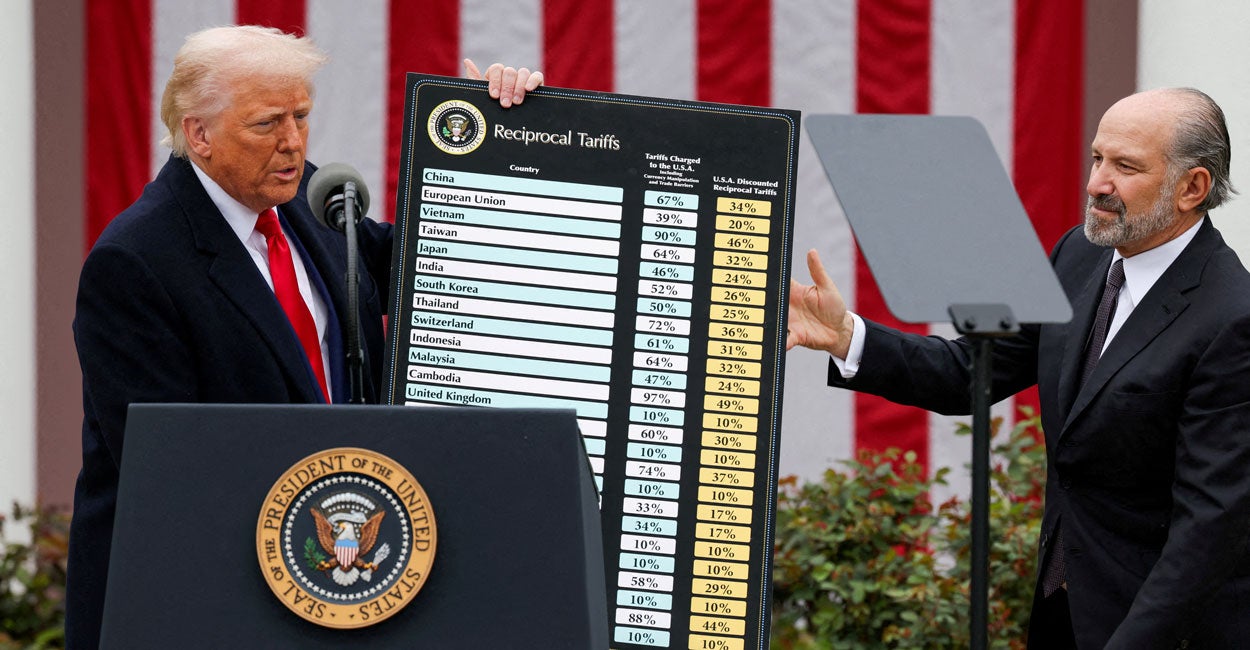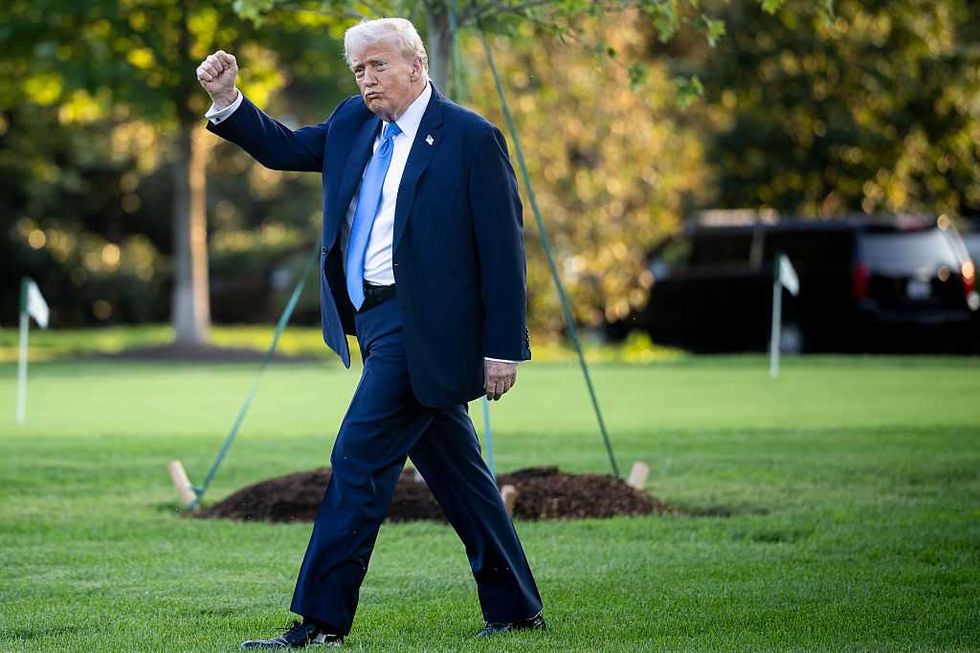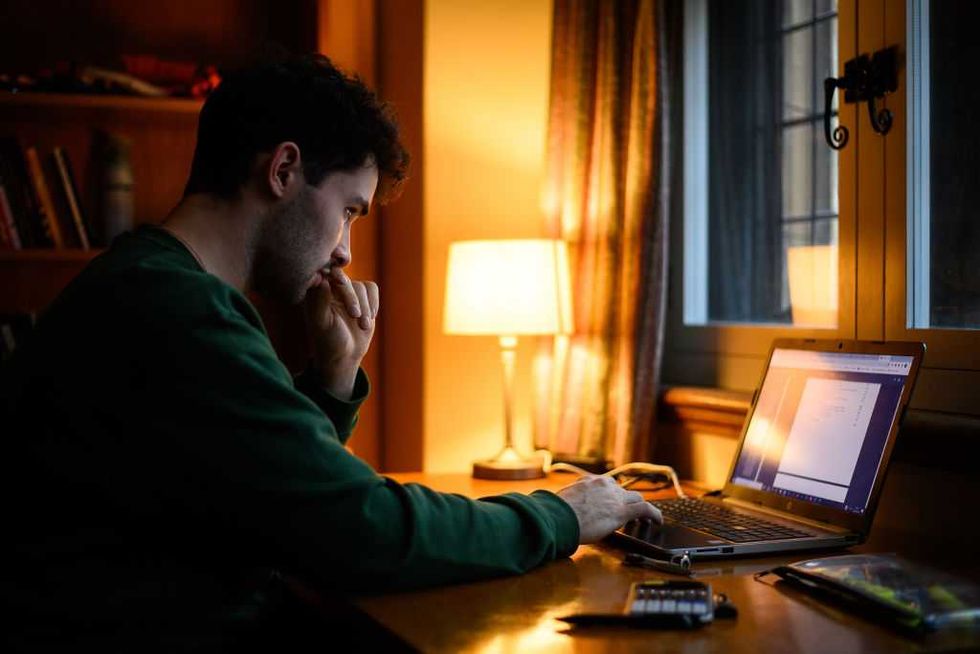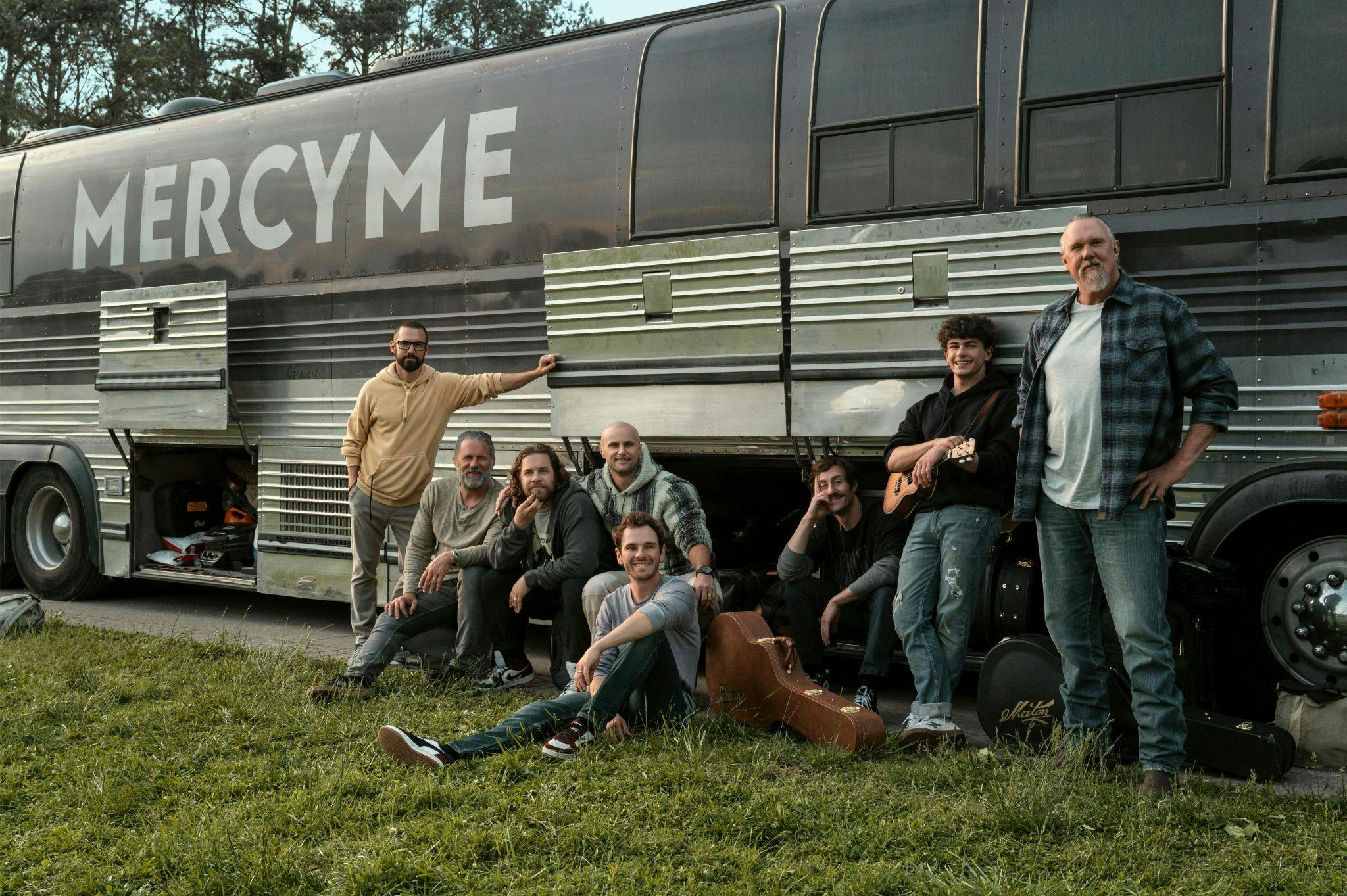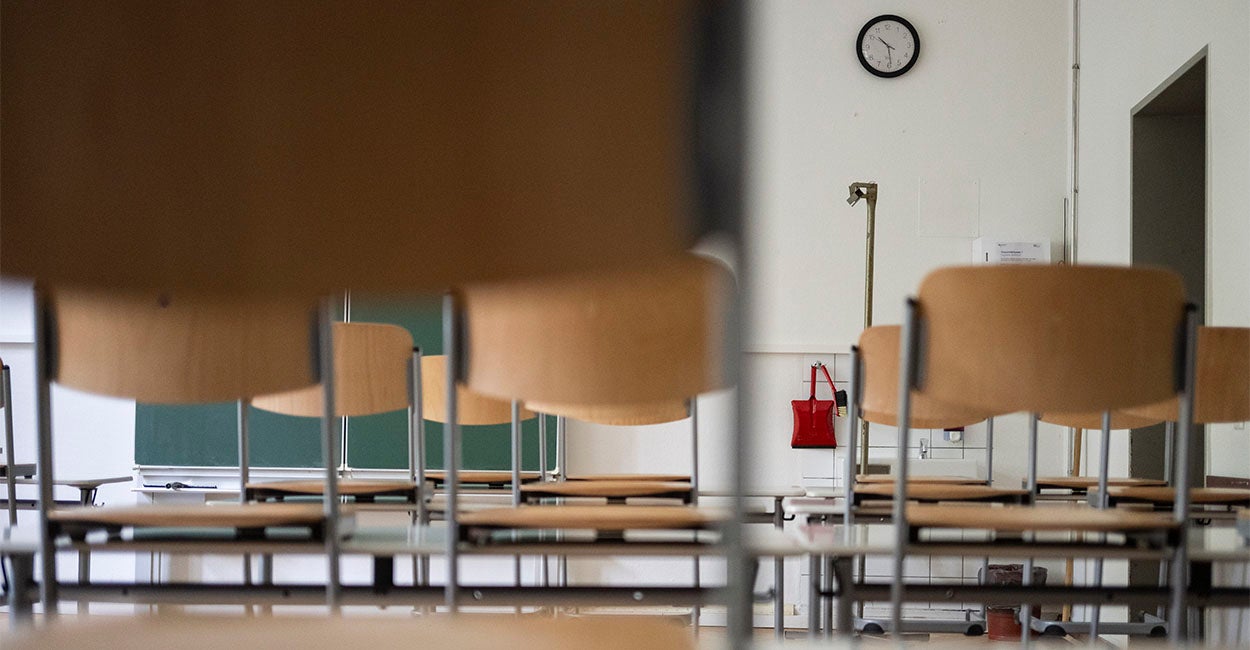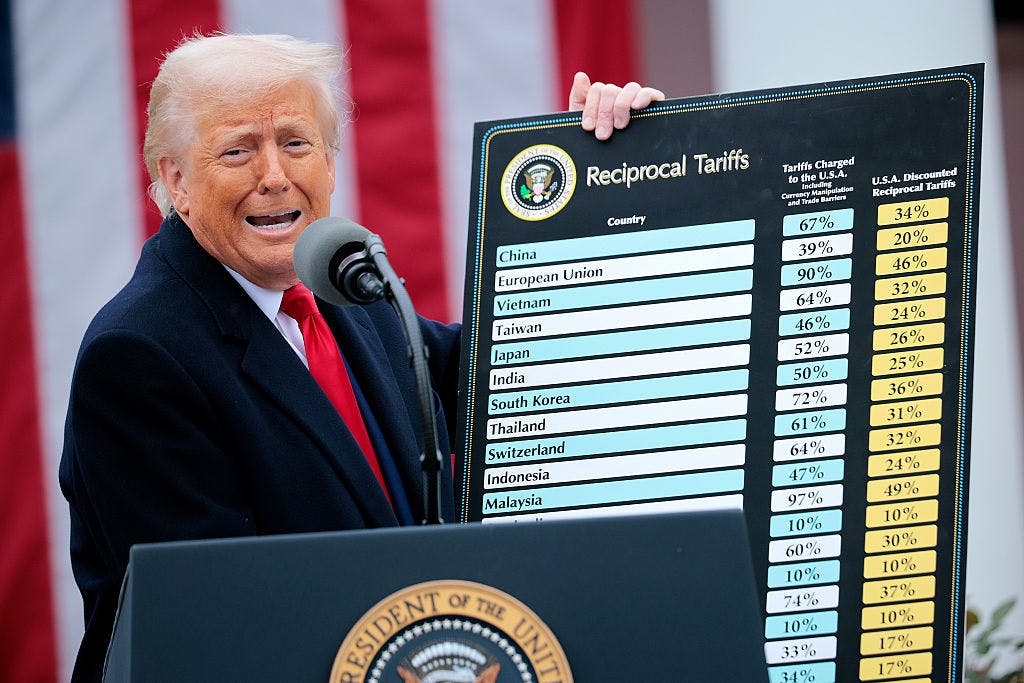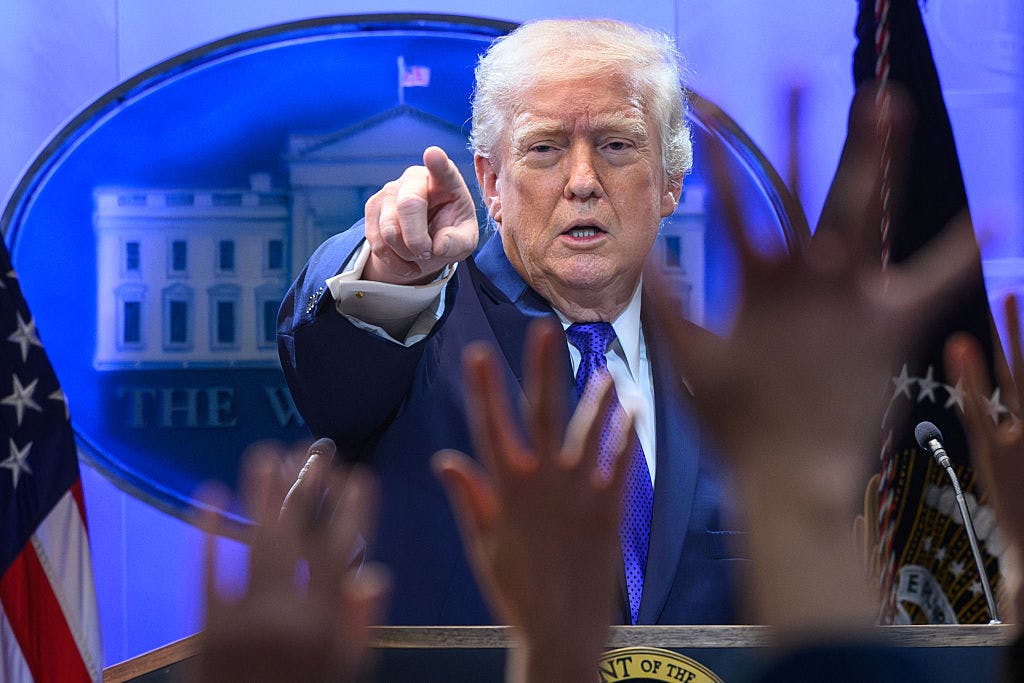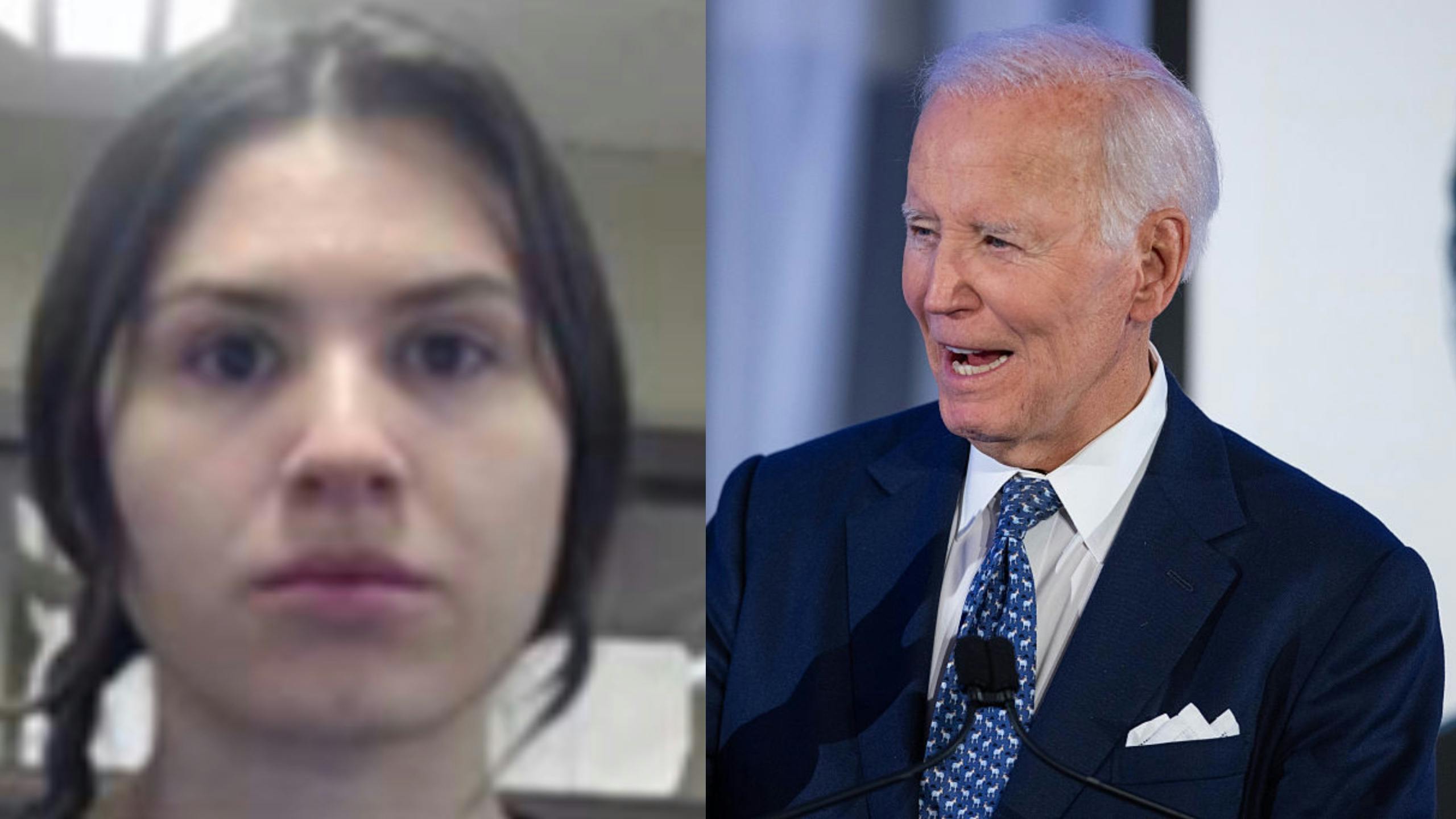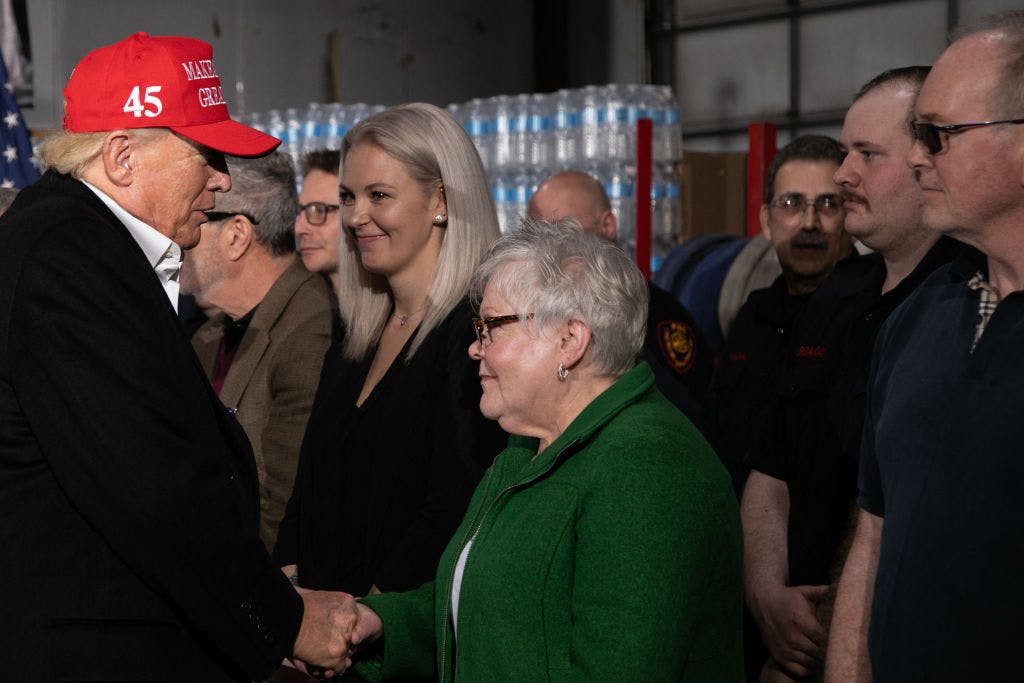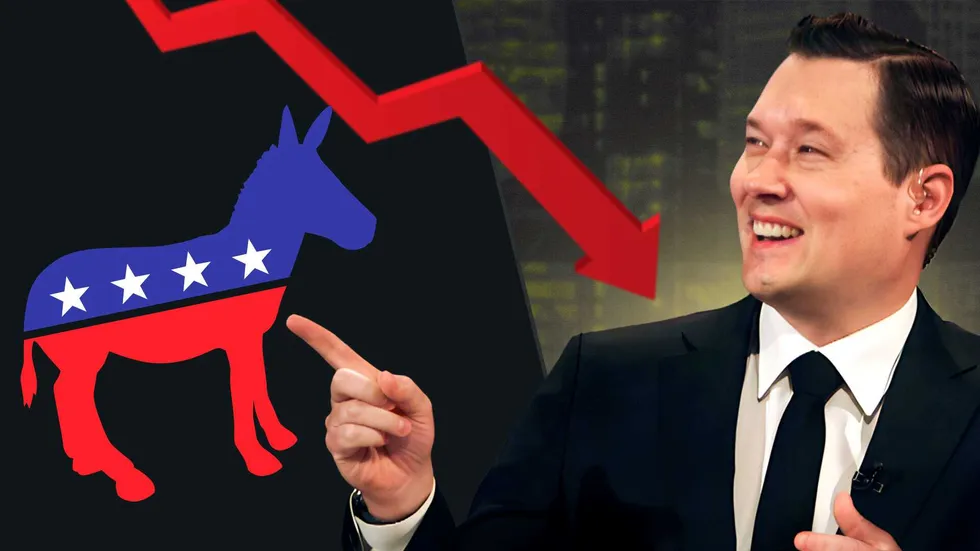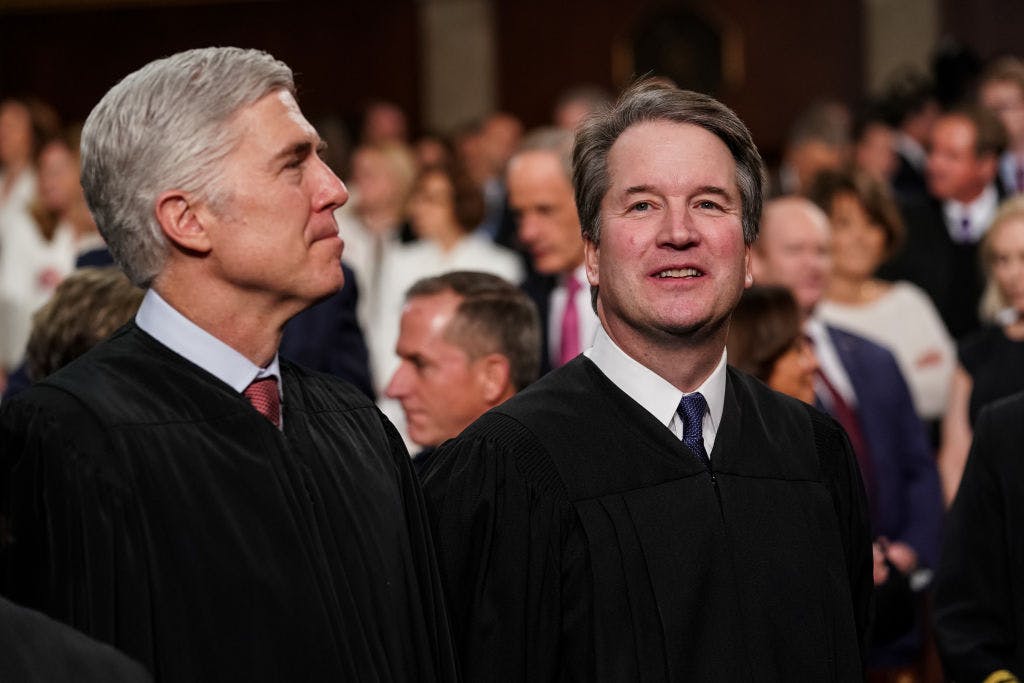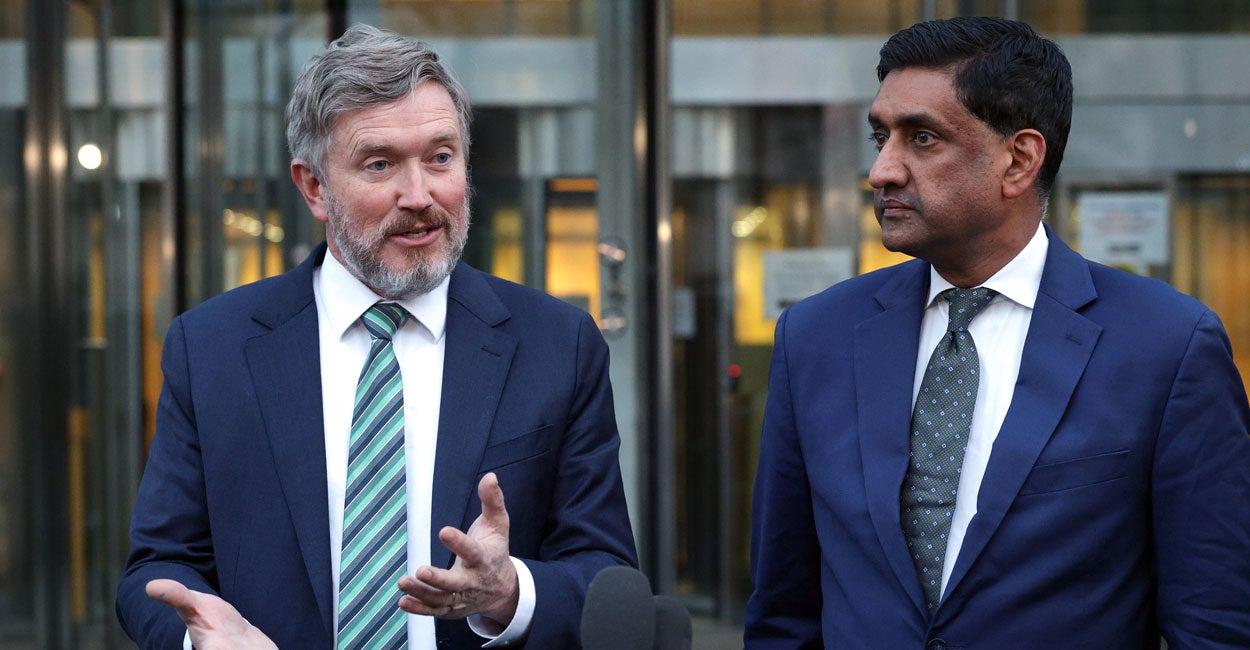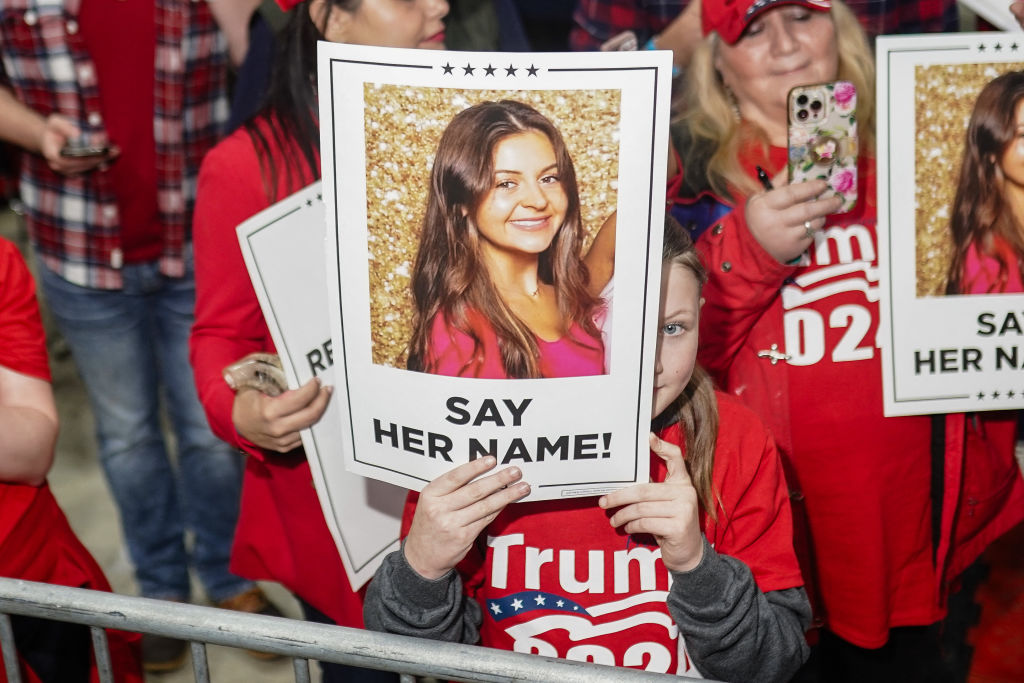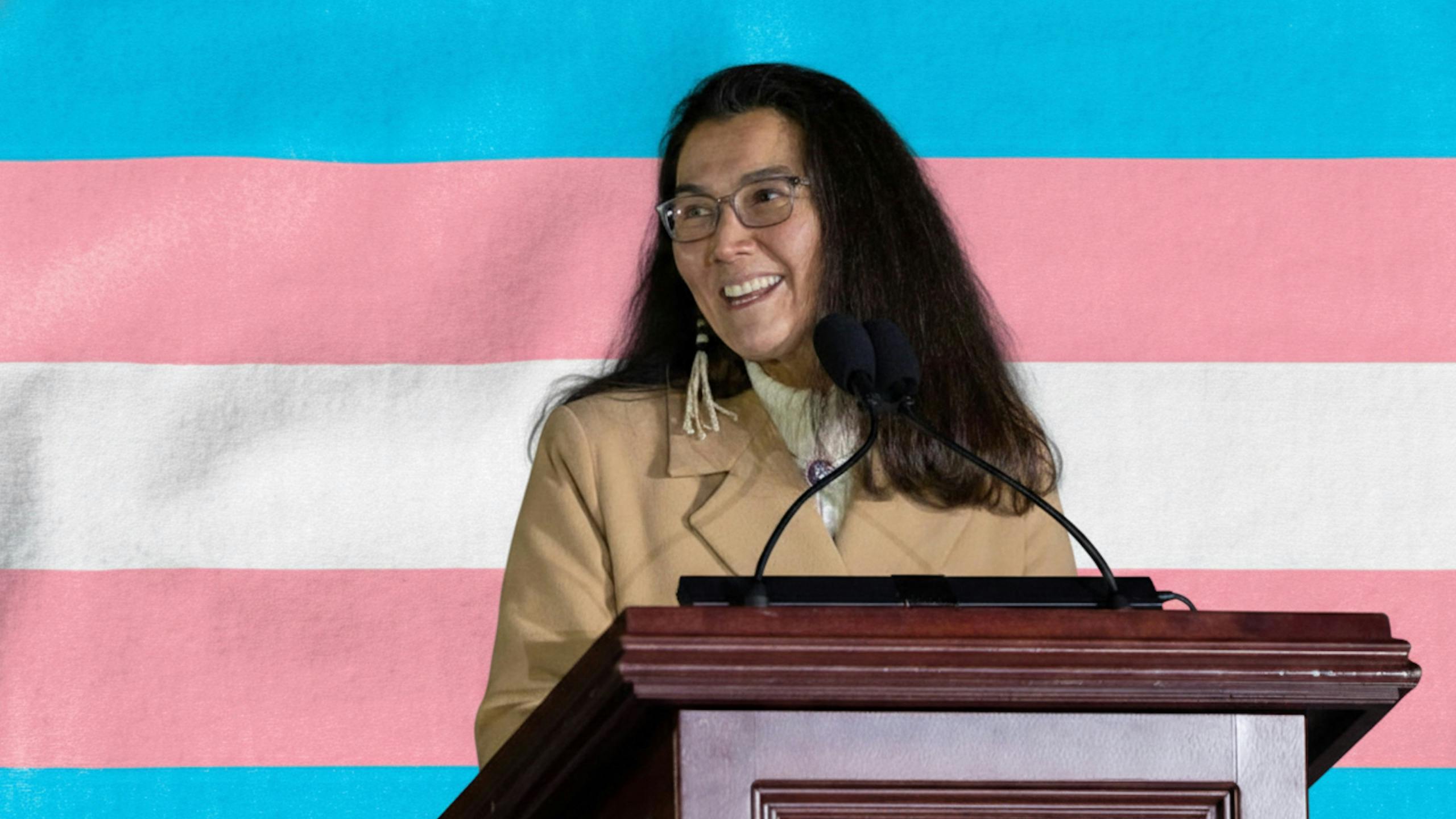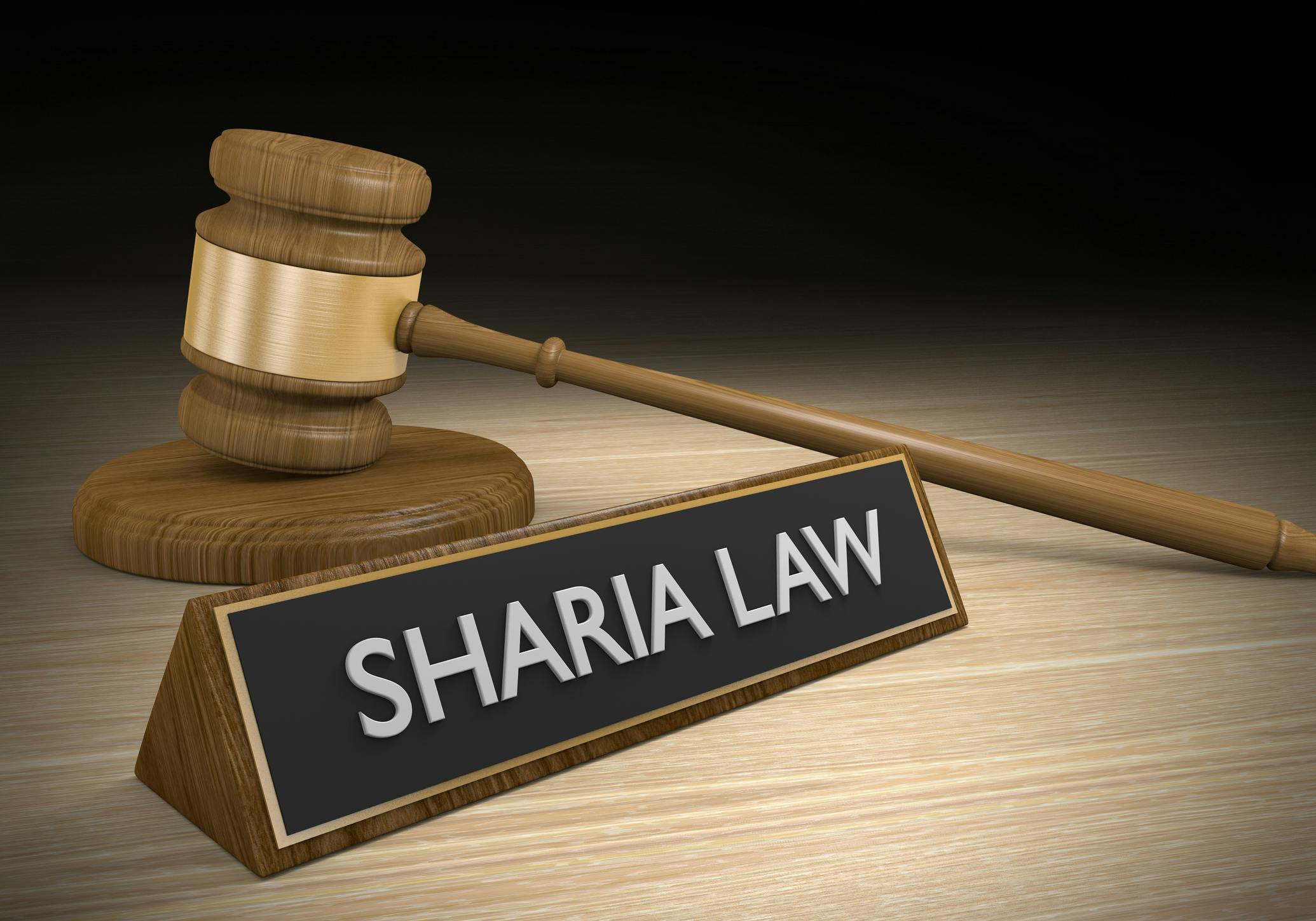The Little Sisters Continue Their Big Fight for Religious Freedom
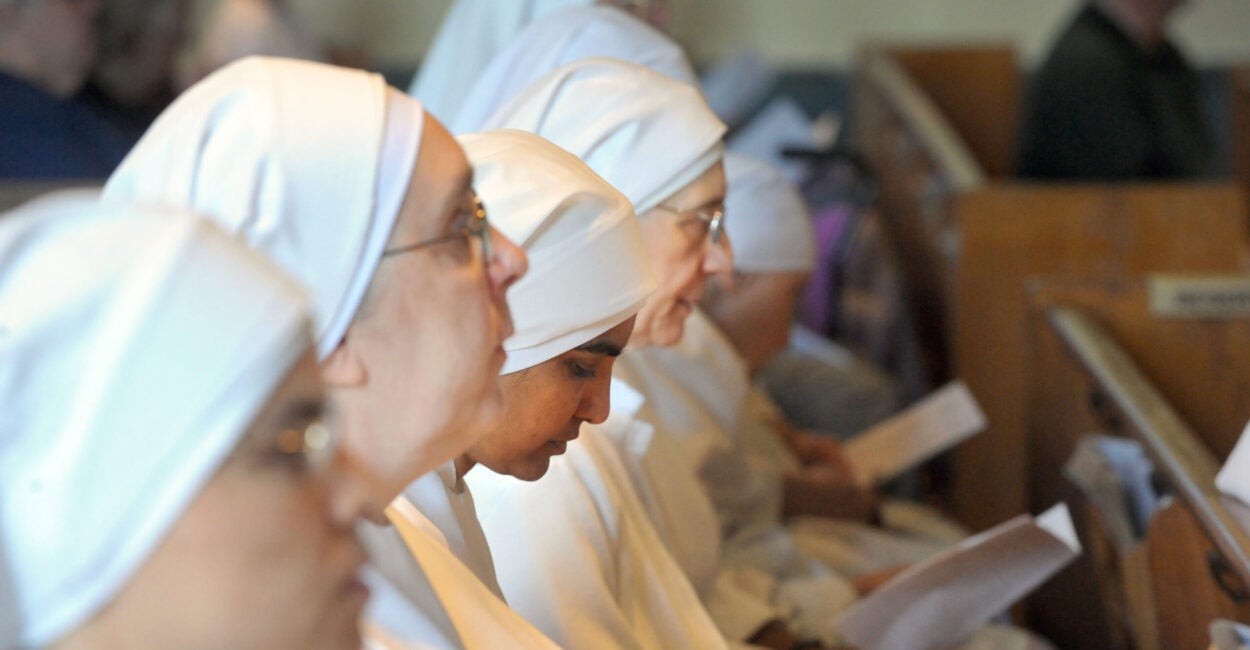
They say that no good deed goes unpunished. There’s even a song called “No Good Deed” in a hit Broadway musical.
Live Your Best Retirement
Fun • Funds • Fitness • Freedom
If anyone ever had a reason to say that, it would be the Little Sisters of the Poor. Free exercise of religion may be a fundamental right in America, but they’ve been fighting for theirs for more than a dozen years—and counting.
Founded in 1839 by Jeanne Jugan, whom Pope Benedict XVI canonized in 2006, the Little Sisters serve the elderly poor all over the world. In addition to chastity, poverty, and obedience, the Little Sisters vow hospitality, and their work includes operating homes for the elderly in nearly a dozen countries, including the U.S.
Then came Obamacare. Signed into law in March 2010, the Patient Protection and Affordable Care Act required that employers provide group health insurance plans with “minimum essential coverage,” including “preventive care.” By regulation, the Department of Health and Human Services said this includes not only contraceptives, which prevent pregnancy, but also abortifacients, which terminate it. The Obama administration threatened massive fines for noncompliance with this part of its “reproductive freedom” agenda.
The administration employed several strategies to further push this on society.
First, birth control coverage was to be free to employees; employers had to bear the full cost.
Second, to shield its agenda, the Obama administration imposed the birth control mandate without going through the normal process of notifying the public and inviting comment.
Third, it adopted a religious exemption not even worthy of the name. That exemption applied only to a narrow category of churches and the “exclusively religious activities of any religious order.” If any other religious employer sought to avoid the mandate, they had to certify the religious nature of their work and their objection to the mandate.
Religious freedom in America has always meant far more than going to church—so religious employers soon began challenging the birth control mandate. First up were employers who wished to operate their companies according to religious principles.
In Burwell v. Hobby Lobby Stores, the Supreme Court in 2014 held that the mandate violated the Religious Freedom Restoration Act, which requires the federal government to have a “compelling” reason to substantially burden religious exercise, and says it may do so no more than necessary.
Educational institutions and religious nonprofits—including the Little Sisters—and educational institutions also challenged the birth control mandate. While the certification process allowed them to avoid the mandate itself, they argued, it still violated RFRA by making them complicit in facilitating birth control and abortion. The Supreme Court consolidated seven of these lawsuits but, in Zubik v. Burwell, postponed a decision on the merits, giving the Obama administration another chance to craft an appropriate religious exemption.
In May 2017, President Donald Trump issued an executive order calling for new regulations “to address conscience-based objections to the preventive-care mandate.” In November 2018, HHS finalized rules extending the automatic exemption beyond churches to employers who objected based on sincerely held religious beliefs or moral convictions.
Religious employers had challenged Obamacare because the religious exemption was too narrow. But following HHS’s changes, the Commonwealth of Pennsylvania, later joined by New Jersey, sued to get rid of the religious exemption altogether, making both procedural and substantive arguments.
Procedurally, they said that the Obamacare statute did not authorize making any religious exemption and that HHS had unlawfully sidestepped the normal rulemaking process. Substantively, the states argued that the broader religious exemption was “arbitrary and capricious,” violating a legal standard for all agency rulemaking imposed by the Administrative Procedure Act.
The Little Sisters stepped into this litigation to defend the exemption, but the U.S. Court of Appeals for the Third Circuit ruled against them on both sets of issues.
Both the Trump administration and the Little Sisters appealed and, in Little Sisters of the Poor v. Pennsylvania, the Supreme Court in 2020 reversed the Third Circuit’s procedural ruling but did not address substance.
The court held that the “plain language of the statute clearly allows the Departments to create the preventive care standards as well as the religious and moral exemptions….We further hold that the rules promulgating these exemptions are free from procedural defects.”
On Aug. 13, 2025, after an inexplicable five years, a U.S. district judge in Pennsylvania issued a nationwide injunction against enforcing the religious exemption, concluding that it violated the APA.
Now, following that decision, the Little Sisters may once again be headed to the Supreme Court.
All the Little Sisters of the Poor want to do is serve the elderly with kindness and dignity. If the Obama administration had even minimal regard for religious freedom, it would not have tried to force nuns to pay for birth control. And if states had any such regard, they would not be trying to make birth control and abortion crush religious freedom. But that’s where we are in America today.
The Little Sisters show us what it means to fully, and humbly, commit to their faith. And by insisting that the government honor what’s supposed to be an inalienable right to practice that faith, they defend not just their freedom, but ours as well.
The post The Little Sisters Continue Their Big Fight for Religious Freedom appeared first on The Daily Signal.
Originally Published at Daily Wire, Daily Signal, or The Blaze
What's Your Reaction?
 Like
0
Like
0
 Dislike
0
Dislike
0
 Love
0
Love
0
 Funny
0
Funny
0
 Angry
0
Angry
0
 Sad
0
Sad
0
 Wow
0
Wow
0


